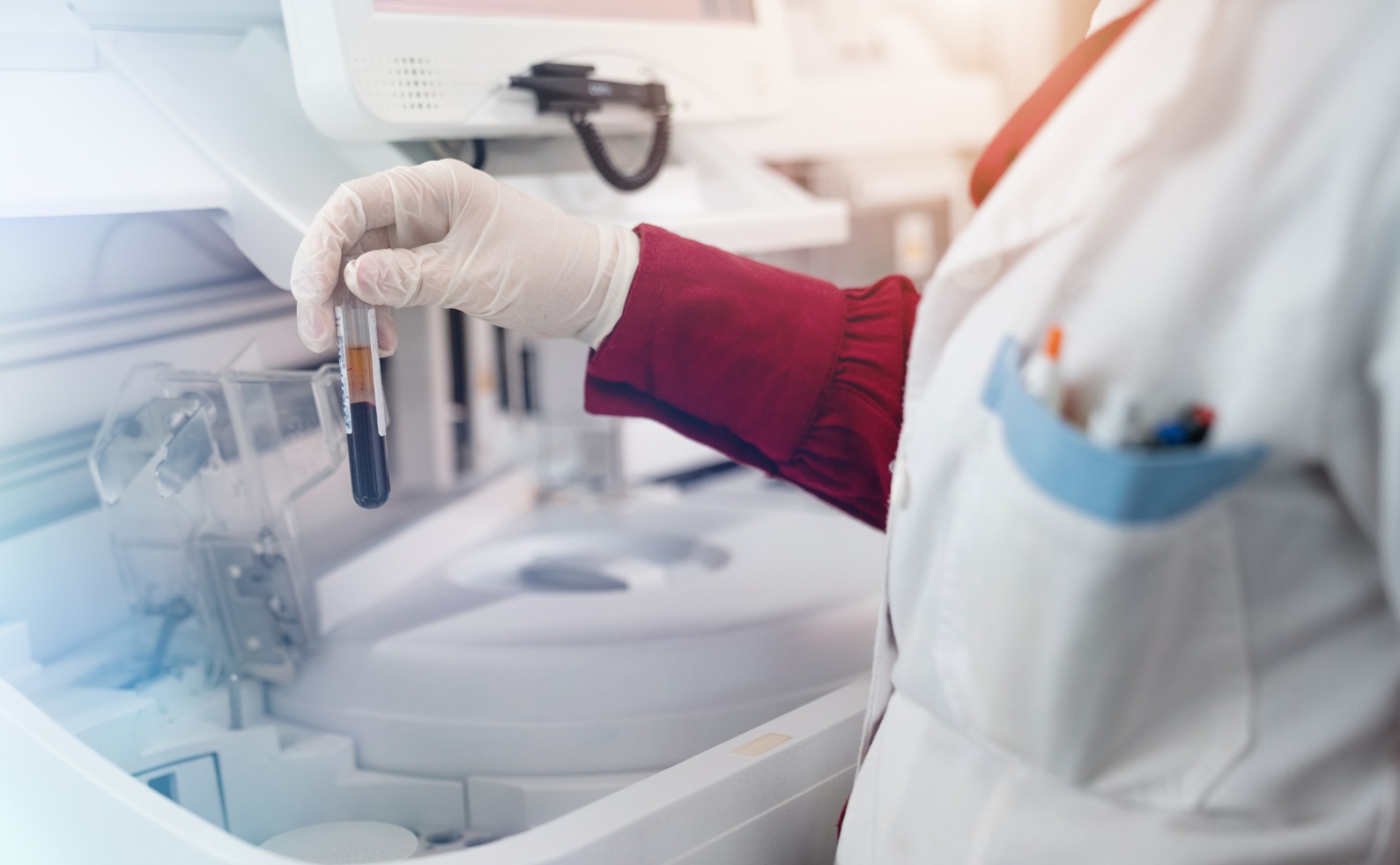On Saturday, April 11th, Holy Name Hospital of Bergen County, NJ, administered PLX cells to a 49-year-old male who has been in their ICU since March 20th. PLacental eXpanded (PLX) cells are mesenchymal-like adherent stromal cells derived from the placenta after delivery and were being studied for their therapeutic uses in several disease processes. This is believed to be the first time this treatment has been attempted in the United States for the treatment of COVID-19. Holy Name is already a location for a Pluristem clinical trial involving the use of PLX cells for the treatment of chronic vascular insufficiency, resulting in wounds that don’t heal, sometimes requiring amputation. Although the therapeutic intention is entirely different, the procedure was essentially identical. The placental cells were recovered after the delivery of a healthy baby in Maryland on Friday and were shipped to New Jersey in liquid nitrogen. They were then thawed and injected into muscles at various points on the body. It is hoped, in the complicated way that the placenta is the body’s way to recognize and protect a pregnancy, the PLX cells will calm the hyperactivated immune system during acute infection and prevent organ injury.
The procedure was considered after the release of promising preliminary data on April 7th regarding the outcomes of seven patients who were treated with PLX cells. Three hospitals in Israel administered PLX cells to seven patients with COVID-19, all of whom were in the ICU requiring ventilator support. Pluristem Therapeutics, Inc of Haifa, Israel, developed the therapy and administered it under a compassionate use program. Of the six patients that passed the one-week checkpoint (the seventh was treated just days before publication), four have shown respiratory improvement and three are actively being weaned off ventilators. One remains stable. Two that were in multiple organ failure are showing improvement in areas in addition to their respiratory function.
Questions about COVID-19 and cord blood banking? View some frequently asked questions to learn more.

